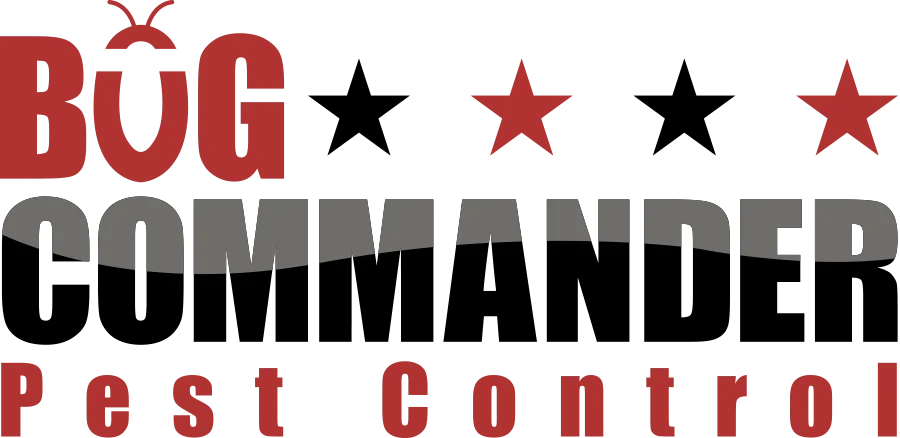Healthy Pest Management Tips for Pet Parents

As a pet owner, you might find yourself facing some problems with pests that people without pets are not as likely to encounter. Having an indoor/outdoor cat or dog, in particular, can lead to issues with rodents and insects.
That’s why we’ve put together these tips specifically geared toward cat and dog owners to help you keep pests from becoming a problem in your home.
1. Avoid feeding your pets outside.
Pests can be attracted to pet food that’s left out in the open, which in turn brings pests into your yard. Rats especially can become a big problem in neighborhoods were people leave bowls of food outdoors for their dogs to eat throughout the day. Rats that begin to reside on your property due to this easy food source may then attempt to nest in or on your home, damaging it in the process.
2. Only leave your pet’s food bowl out while they eat.
Even if you feed your pet indoors, rodents and insects can be still attracted to the smell and food particles on a food bowl that’s left out throughout the day. No one wants to come home from work to an ant infestation all over their pet’s food. What’s worse, your pet can even become sick from eating certain pests.
To avoid this, once your pet is old enough, give them meal times, and once they’re done eating, remove their bowl and wash it. Also, remember to wipe up any stray kibbles or crumbs around your pet’s feeding area.
3. Keep pet food in clear, airtight containers.
While some pet food bags come with a Ziploc-like strip to reseal them after each use, it’s still recommended that you put your pet’s food in a clear, airtight container. There are a couple of reasons why:
-
Those seals aren’t always reliable or airtight, and the smell of the food can attract pests.
-
The relative humidity and darkness inside of a pet food bag make it an attractive home for pests.
-
Rodents can easily chew through plastic bags.
Instead, opt for clear glass or BPA-free plastic containers. Not only will your pet’s food be well-sealed, but you’ll also have the added benefit of being able to easily see when it’s running out.
4. If you have a dog door, make sure it’s pest-proof.
A dog door can be a huge convenience for dog and owner alike. The problem is when the dog door becomes a huge convenience for rats and raccoons as well. The smells coming from inside your house are what these varmints find most attractive, so you can avoid this problem by getting a dog door that seals tightly.
Insects may also try to enter your home through the dog door if they see a bright light shining through it. For this reason, opt for a door with a dark or opaque flag.
If you want to get “high tech,” you can purchase an electric dog door like the PetSafe SmartDoor, which allows your pet to go in and out of the door with a SmartKey™ that they wear on their collar. Not only does this kind of door keep out pests, but it also avoids entry from stray animals or burglar break-ins.
5. Launder your pet’s bed frequently.
Though often overlooked, this is really important for pest management because insects such as cockroaches find the smell of unwashed bedding attractive. Your pet’s bedding will be even more attractive to these bugs if your pet likes to hide or eat treats there as well. Besides, everyone deserves a clean, comfortable place to sleep--including our furry family members!
6. Protect your pets with flea treatments.
Everyone can agree on this: fleas are terrible, for people and animals alike. Once they’ve entered your home, flea infestations can take months to control, and they will keep re-infesting everyone in the house until every last egg and larvae in your carpeting is destroyed. Prevention is key.
Speak with your vet about an effective flea prevention treatment that’s compatible with the age and skin condition of your pet. Use the treatment strictly as your vet recommends or else it may not work as effectively. Be cautious of certain “all-natural” treatments that are not vet-recommended, as many plant species are toxic to cats and dogs.
7. Contact a professional to deal with infestations.
If you are experiencing a pest control problem, you might be tempted to take the matter into your own hands. This is not recommended due to the harm your pet can suffer from improperly applied pest control methods. Open mousetraps could cause your pet serious harm if they were to bat or sniff at the trap, and licking or ingesting substances meant to kill pests could cause your pet to become violently (or even fatally) ill.
Even all-natural, botanical pest control solutions can threaten your pet’s health. Many plants (such as garlic) and essential oils (such as tea tree oil) can have adverse or toxic effects on dogs and particularly on cats. If you have a pest control problem, speak with a professional exterminator, and voice your concerns regarding your pet’s safety. It’s something that a professional should know how to address and work with.
The problem with pests is that if you see one, there’s always more of them. If a pest control problem is threatening the health of your home and your family (including its furry members), you can count on Bug Commander, “The Pest Control Company for Animal Lovers.” All of our technicians are certified and trained to correctly identify the invading species and develop a program that adequately manages the problem.
